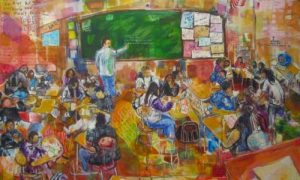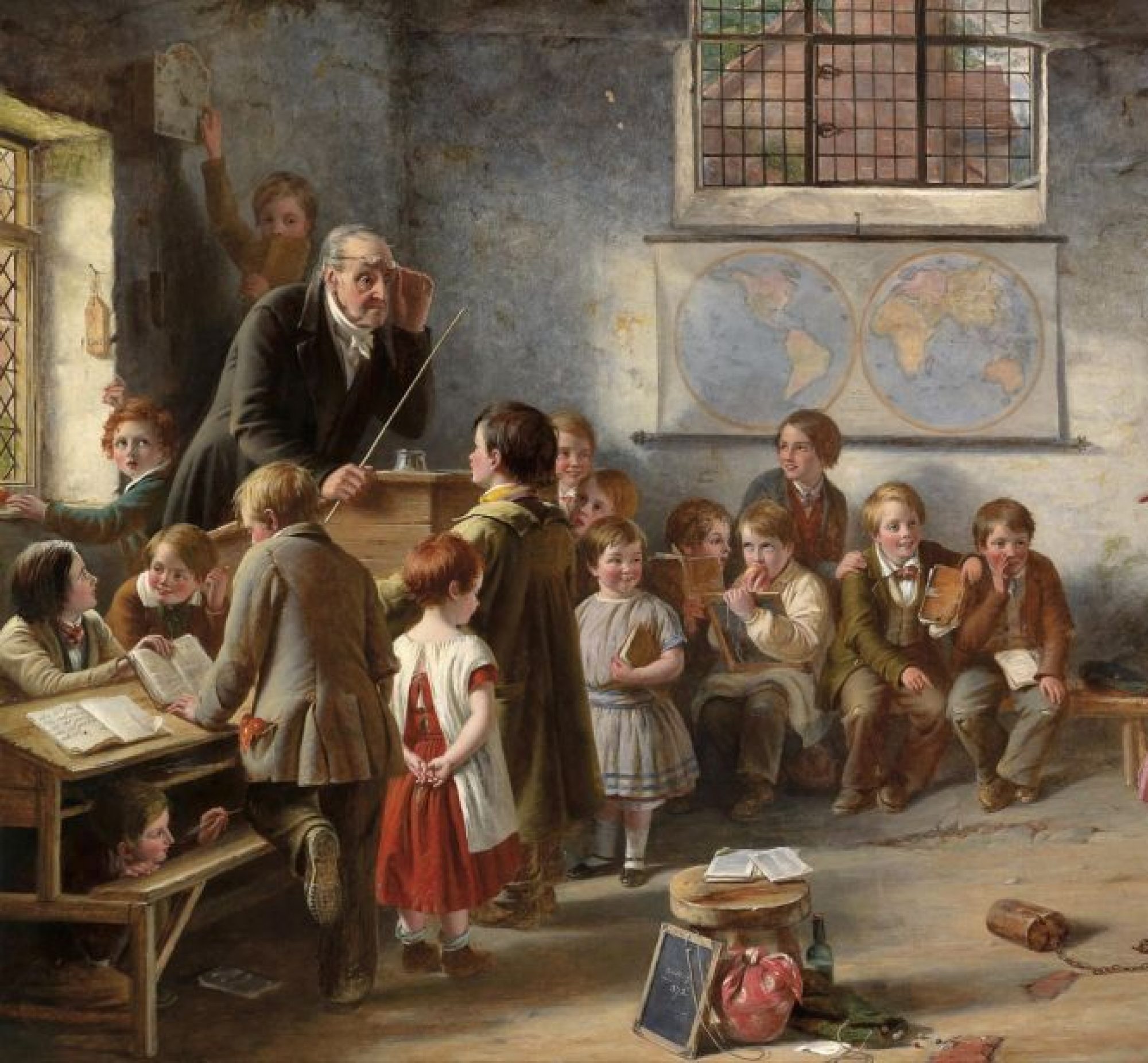PDF #9 – M.A.K. Halliday – Towards a Language-Based Theory of Learning
A Language-Based Theory of Learning – Despite the fact that educational knowledge is massively dependent on verbal learning, theories of learning have not been specifically derived from observations of children’s language development. But language development is learning how to mean; and because human beings are quintessentially creatures who mean (i.e., who engage in semiotic processes, with natural language as prototypical), all human learning is essentially semiotic in nature.

We might, therefore, seek to model learning processes in general in terms of the way children construe their resources for meaning- how they simultaneously engage in “learning language” and “learning through language.” A number of characteristic features of language development, largely drawn from systemic-functional studies of infancy, childhood, and early adolescence, offer one possible line of approach towards a language-based interpretation of learning.
When children learn language, they are not simply engaging in one kind of
learning among many; rather, they are learning the foundation of learning itself. The distinctive characteristic of human learning is that it is a process of making meaning-a semiotic process; and the prototypical form of human semiotic is language. Hence the ontogenesis of language is at the same time the ontogenesis of learning. Whatever the culture they are born into, in learning to speak children are learning a semiotic that has been evolving for at least ten thousand generations.
But in some cultures, including those comprising the Eurasian culture band,
during the past hundred generations or so the nature of this semiotic has been
changing: A new form of expression has evolved, that we call writing, and
following on from this a new, institutionalized form of learning that we call
education. Children now learn language not only in home and neighborhood
but also in school; and with new modes of language development come new
forms of knowledge, educational knowledge as distinct from what we call common sense. At the same time, the process of language development is still a continuous learning process, one that goes on from birth, through infancy and childhood, and on through adolescence into adult life.
After reading “A Language-Based Theory of Learning” you can check important issues for ESL teachers on the section PDFs, and visit my YouTube channel.
